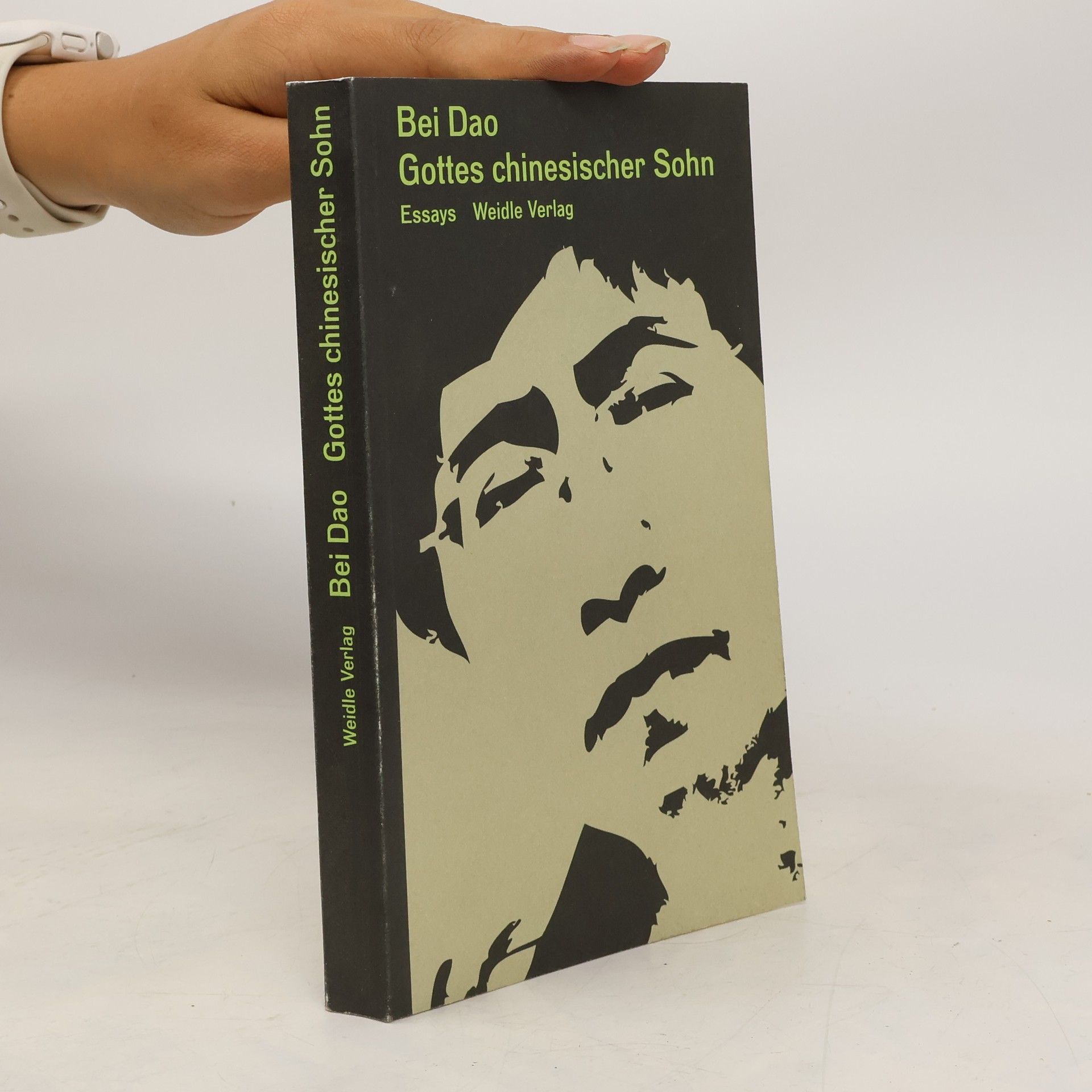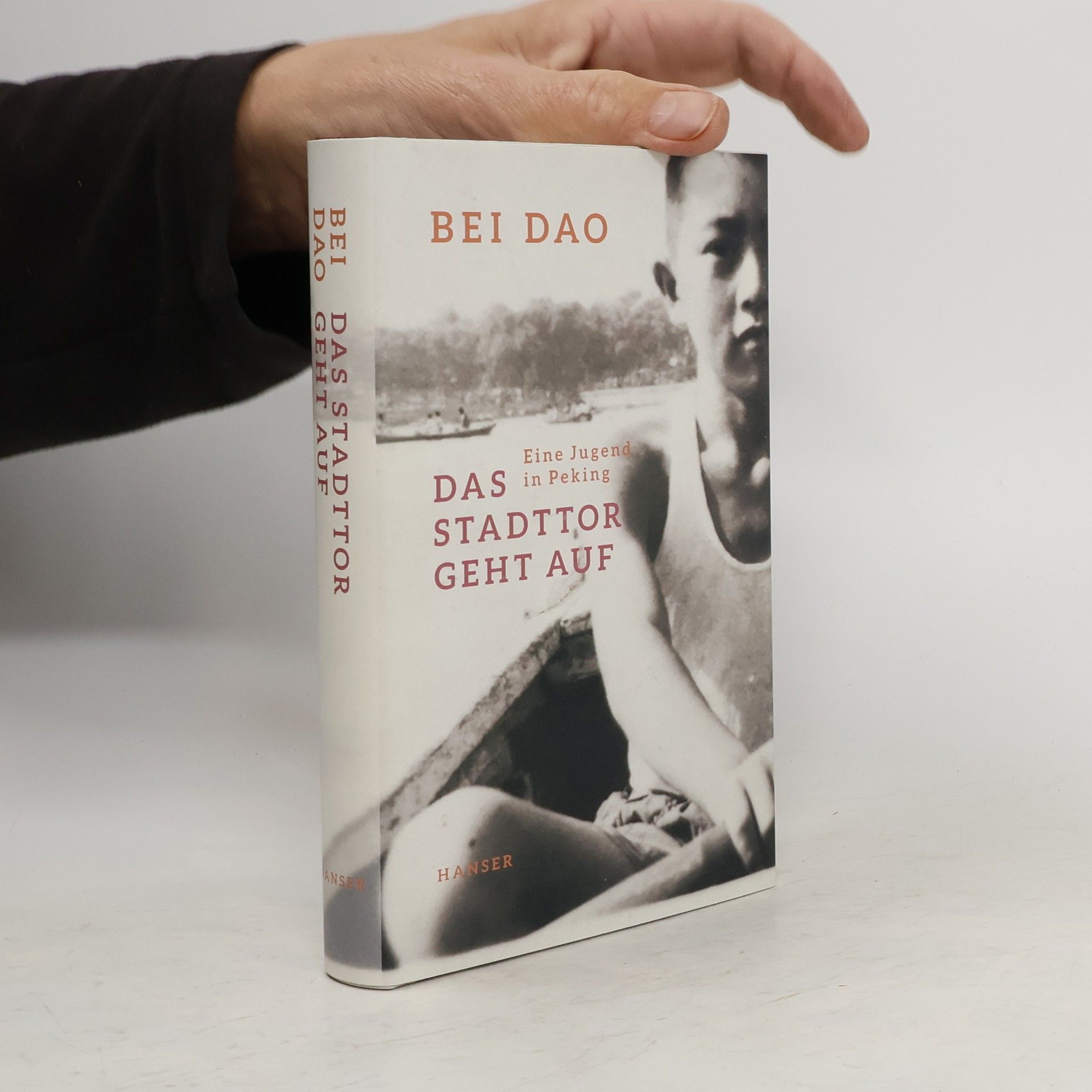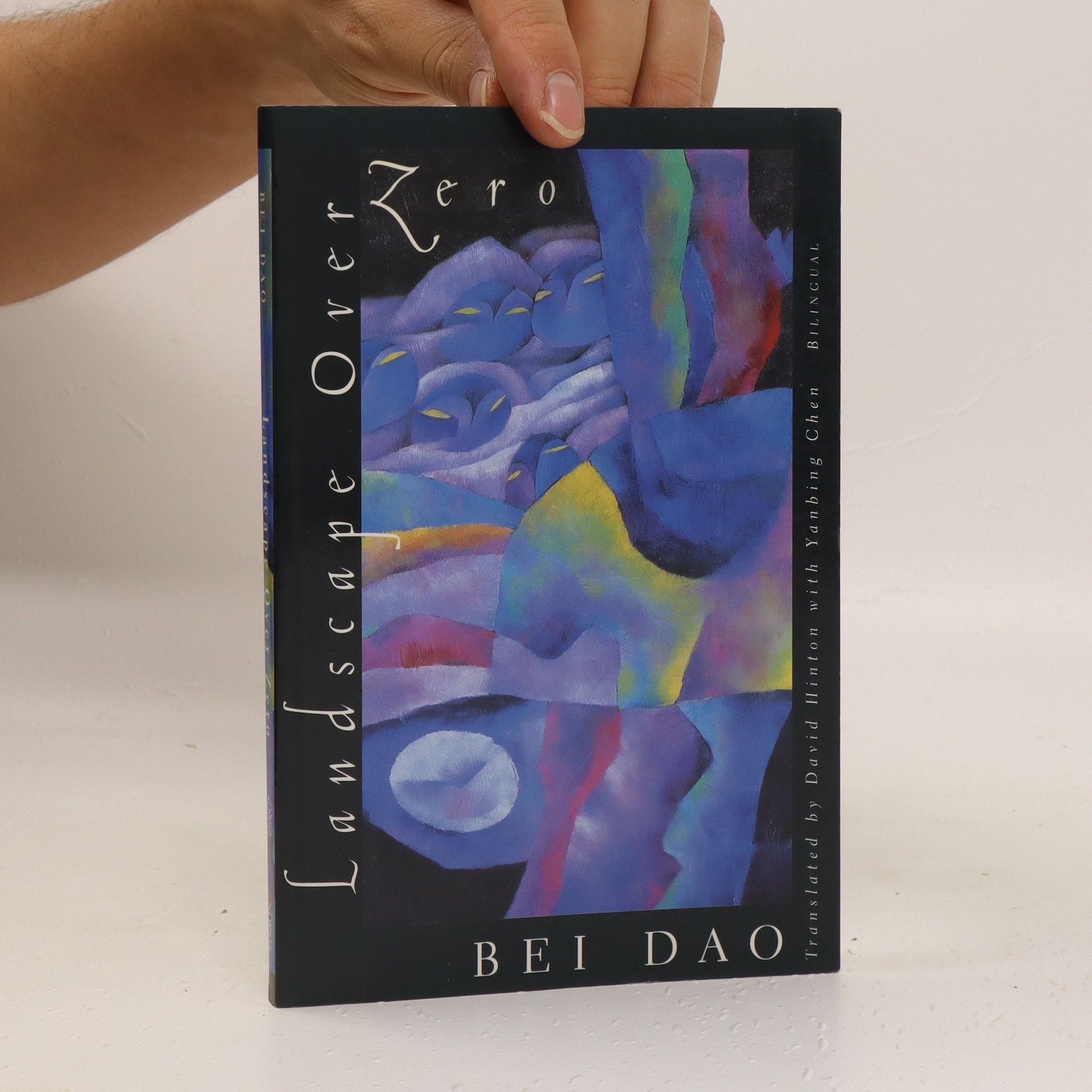Gezeiten
- 205 stránok
- 8 hodin čítania
Belletristik : China ; Liebe - Kulturrevolution.
Bei Dao, vlastným menom Čao Čen-kchaj, je kľúčovou postavou čínskej poézie, ktorý sa stal hlasom odporu proti obmedzeniam Kultúrnej revolúcie. Jeho rané verše, často písané v atmosfére potláčania, reflektujú existenciálnu úzkosť a túžbu po slobode. Ako popredný predstaviteľ 'Misty Poets' Bei Dao skúmal témy ako strata, pamäť a hľadanie identity v meniaceho sa svete. Jeho prenikavý štýl a odvážne obrazy z neho urobili vplyvnú postavu, ktorej dielo rezonuje s generáciami čitateľov hľadajúcich pravdu a ľudskosť.






Belletristik : China ; Liebe - Kulturrevolution.
A lyrical masterpiece by the internationally renowned poet with a "Whitman-like rhetorical immensity coupled with a passionately eccentric sensibility" (Carol Muske Dukes, Los Angeles Times)
A powerful memoir from one of China's greatest living poets in exile.
Collects fifty poems in both Chinese and English that reflect futility, distance, and the possibility of love's renewal.
Eine Jugend in Peking
Ein weltberühmter Dichter erinnert sich an seine Kindheit und Jugend in Peking: „Bei Daos Leben und Werk sind der Inbegriff der Dichtung: zeitlos schimmernd.“ Ocean Vuong Der weltberühmte Dichter Bei Dao, der nach Protesten auf dem Platz des Himmlischen Friedens des Landes verwiesen wurde, erinnert sich: an seine Kindheit in Peking und seine turbulente Jugend während der Kulturrevolution, an die berauschende und festliche Stimmung dieser Zeit, an die Roten Garden, denen er sich als Siebzehnjähriger anschloss. Das intim Familiäre und das lärmend Politische, die Begeisterung und die Ernüchterung, das Feiern, auf das die Hungersnot folgt: All dies erzählt Bei Dao in seinem einzigartigen Erinnerungsbuch, in dem er seine verlorene Stadt mit all ihren Empfindungen, Gerüchen und Geräuschen aufleben lässt, „um das Peking von heute zu widerlegen.“
Wenn Bei Dao aufbricht, in eine andere Stadt, ein anderes Land, wird es nie eine Reise in die Fremde, denn wohin er auch kommt, empfangen ihn dort seine Gedichte und die, die sie lieben, darunter viele Dichterkollegen wie z. B. Allen Ginsberg, Gary Snyder, Gegory Corso, Tomas Tranströmer. So sind die Bekanntschaften, die er dann macht, die Freundschaften, die er schließt, gestiftet von der Poesie, der 'großen Zusammenbringerin' (Hofmannsthal). In den Essays des vorliegenden Bandes erzählt Bei Dao von dem, was wirklich los ist, wenn Dichter irgendwo auf der Welt einander treffen – Backstage-Szenen der Poeten-Festivals, Geschichten von Lampenfieber, von Festen bis zum Umfallen, aber auch von den gemeinsamen stillen Stunden, denen zum Atemholen und denen zur Trauer ums Vergängliche, ums Leben, um die Kraft. Bei Dao berichtet, wie er das Dichterdasein in Gesellschaft immer wieder neu erfährt und läßt den Leser die starke, fortwährende Wirkung dieser Begegnungen spüren. Denn die Erlebnisse, die man teilte, ob aufregende kleine Abenteuer oder alltägliche Wege, die man zusammen ging, haben eines immer gemeinsam: Dabei wird Sprache zur Sprache gebracht, das Wort kommt zu Wort und vor allem seine unbändige Freiheit.